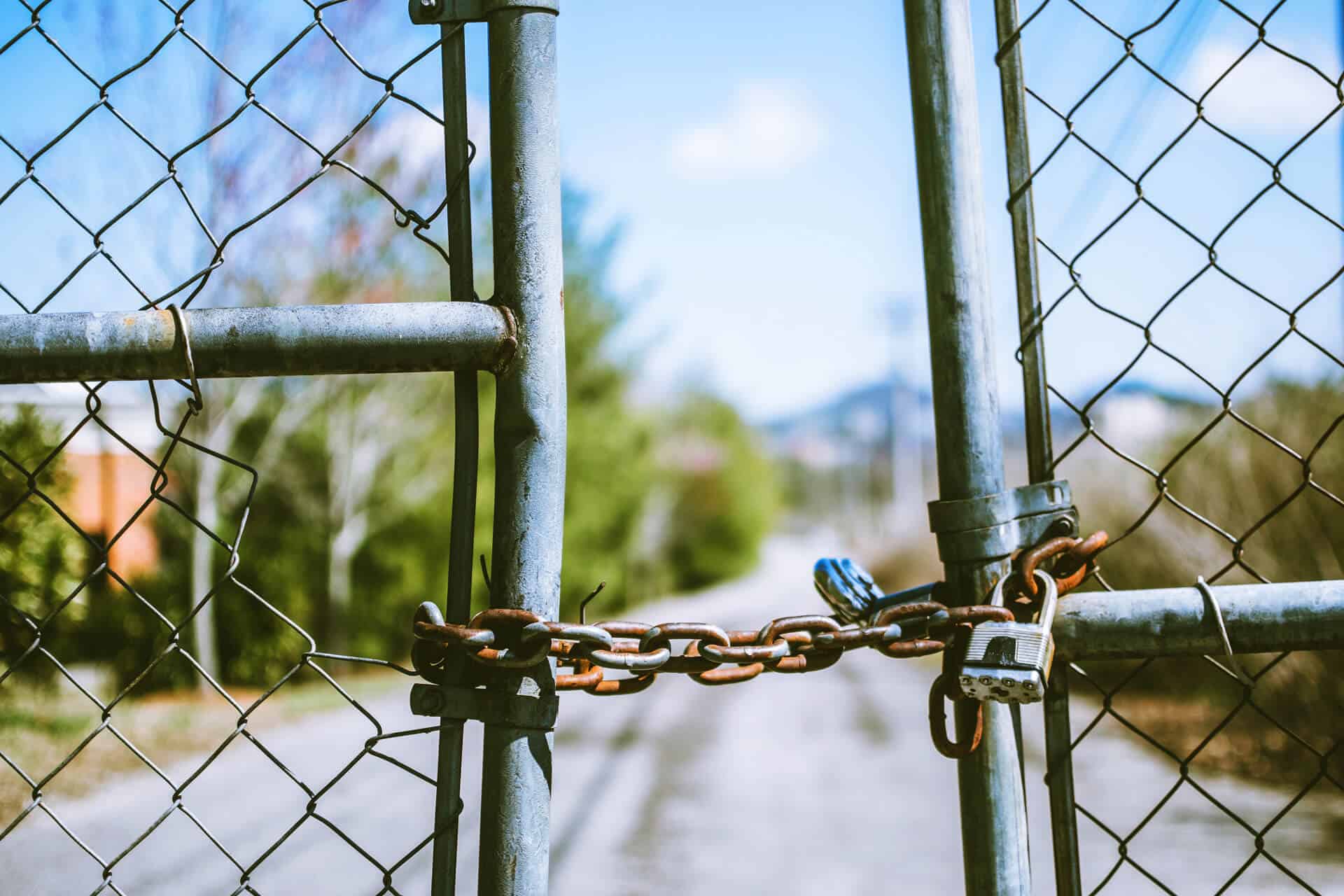No standstill period for prior collaboration based on the same formula
On December 29, 2023, ECLI:NL:RBDHA:2023:20931, the District Court of The Hague made a decision in summary proceedings in a dispute in which the standstill period prior to the franchise agreement (Article 7:914 of the Dutch Civil Code) was central.
The franchisee has argued that he cannot be held to the post-contractual non-compete clause in the franchise agreement, because he has annulled or dissolved the franchise agreement extrajudicially. The franchisee states that the standstill period was not observed. During a period of at least 4 weeks prior to the conclusion of the franchise agreement, the franchisor may no longer make any changes to the franchise agreement (unless these are to the advantage of the franchisee).
The franchisee acknowledges that he had already received the franchise agreement concluded in August 2022 in June 2022, but he states that all kinds of changes were made afterwards. The franchisor has categorically disputed this. In this case, it was up to the franchisee to further substantiate his position according to the preliminary relief judge. However, the franchisee failed to do so, so that the correctness of that statement cannot be assumed, according to the preliminary relief judge.
The preliminary relief judge also noted that the parties had been working together on the basis of the same formula for some time prior to the conclusion of the franchise agreement (from November 2021). The franchisee has not stated, let alone substantiated, that the final franchise agreement deviated on material points. The preliminary relief judge therefore assumes that, insofar as there have been changes, they were not far-reaching changes. In view of this, the preliminary relief judge does not consider it plausible that the franchisee was unable to make a well-considered decision. That is the purpose of this standstill period, which is intended to enable the intended franchisee to consider what is being offered to him.
In this ruling, the preliminary relief judge appears to apply the standstill period regulation liberally. However, Article 7:913(3)(a) of the Dutch Civil Code expressly states that the standstill period does not apply to “the conclusion of a subsequent franchise agreement between the same parties regarding the same franchise formula”. Apparently, in the preliminary relief judge’s opinion, there was such prior cooperation.
Ludwig & Van Dam lawyers, franchise legal advice.
Do you want to respond? Then email to dolphijn@ludwigvandam.nl

Other messages
The (in)validity of a post-contractual non-competition clause in a franchise agreement: analogy with employment law?
On 5 September 2017, the District Court of Gelderland, ECLI:NL:RBGEL:2017:4565, rendered a judgment on, among other things, the question of whether Bruna, as a franchisor, could invoke the prohibition for a
Column Franchise+ – mr. J Sterk: “Court orders fast food chain to extend franchise agreement
The case is set to begin this year. For years, the franchisee has been refusing to sign the new franchise agreement that was offered with renewal, as it would lead to a deterioration of his legal position
Not a valid non-compete clause for franchisee
On 18 November 2016, the interim relief judge of the Central Netherlands District Court, ECLI:NL:RBMNE:2016:7754, rendered a judgment in the issue concerning whether the franchisee was held
Franchise & Law No. 5 – Acquisition Fraud and Franchising Act
The Acquisition Fraud Act came into effect on 1 July 2016. This includes amendments to Section 6:194 of the Dutch Civil Code.
Does a franchisee have to accept a new model franchise agreement?
On 31 March 2017, the District Court of Rotterdam, ECLI:NL:RBROT:2017:2457, ruled in interlocutory proceedings on the question whether franchisor Bram Ladage had complied with the franchise agreement with its franchisee.
Mandatory (market-based) purchase prices for franchisees
To what extent can a franchisor change agreements about the (market) purchase prices of the goods that the franchisees are obliged to purchase?






